Intl. rights organizations call on Morocco not to extradite Shia Muslim man to Saudi Arabia
Several international human rights organizations have called upon Morocco to cancel plans to hand over a man from Saudi Arabia’s Shia-populated Qatif region to the kingdom, amid a heavy-handed crackdown against members of the religious community and opponents of Crown Prince Mohammed bin Salman.
The right groups, including ALQST for Human Rights and the European Saudi Organization for Human Rights (ESOHR), in a letter addressed to Moroccan Prime Minister Aziz Akhannouch urged authorities in the North African country to abandon extradition of Hassan al-Rabea, 26, as he will likely be subjected to “enforced disappearance, torture, and arbitrary sentences that may lead to his death” in Saudi Arabia.
According to the letter, a Moroccan court ruled last week that Rabea could be extradited, despite concerns about ill-treatment in his home country.
He was detained on January 14 at Marrakesh Airport on an arrest warrant issued at the request of Saudi authorities, who are seeking to try him for leaving the kingdom “irregularly” with the help of “terrorists.”
His brother, Ahmed al-Rabea – who is based in Canada – has deplored the court ruling as a “disappointing decision.”
“This shows that Moroccan law is just a cheap commodity for Saudi Arabia,” he said.
Rights groups have said Hassan is just the latest member of his family to be punished for anti-regime protests in Qatif that his relatives participated in years ago. His eldest brother, Ali, is in prison facing the death sentence for trumped-up terrorism charges.
ESOHR has called Moroccan authorities “partners in the crime” and labeled the extradition a “flagrant violation of international law.”
The Switzerland-based MENA Rights Group also said it has submitted an urgent request to the United Nations Committee against Torture to stop Rabea's extradition.
Saudi Arabia has stepped up politically-motivated arrests, prosecution, and conviction of peaceful dissident writers and human rights campaigners, in particular in Eastern Province.
The province has been the scene of peaceful demonstrations since February 2011. Protesters have been demanding reforms, freedom of expression, the release of political prisoners, and an end to economic and religious discrimination against the region.
The protests have been met with a heavy-handed crackdown, with regime forces increasing security measures across the province.
Ever since bin Salman became Saudi Arabia’s crown prince and de facto leader in 2017, the kingdom has arrested dozens of activists, bloggers, intellectuals, and others perceived as political opponents, showing almost zero tolerance for dissent even in the face of international condemnations of the crackdown.
As a result, Islamic scholars have been executed, women’s rights campaigners have been put behind bars and tortured, and freedom of expression, association, and belief continue to be denied.
Over the past years, Riyadh has also redefined its anti-terrorism laws to target activism.
In January 2016, Saudi authorities executed Shia cleric Sheikh Nimr Baqir al-Nimr, who was an outspoken critic of the Riyadh regime. Nimr had been arrested in Qatif in 2012.
VIDEO | 100+ days of ceasefire: Israeli killing of Palestinians continue amid Intl. silence and impunity
VIDEO | EU split over new Iran sanctions amid claims of double standards
VIDEO | Gaza’s silent plague: Mysterious virus claims lives amidst total medical collapse
VIDEO | Growing transatlantic rift
VIDEO | Trump's Iran blunders
Senior cmdr. strongly warns Trump following rhetorical remarks concerning Leader
EU Parliament halts US trade deal after Trump tariff threat
VIDEO | An unchecked presidency


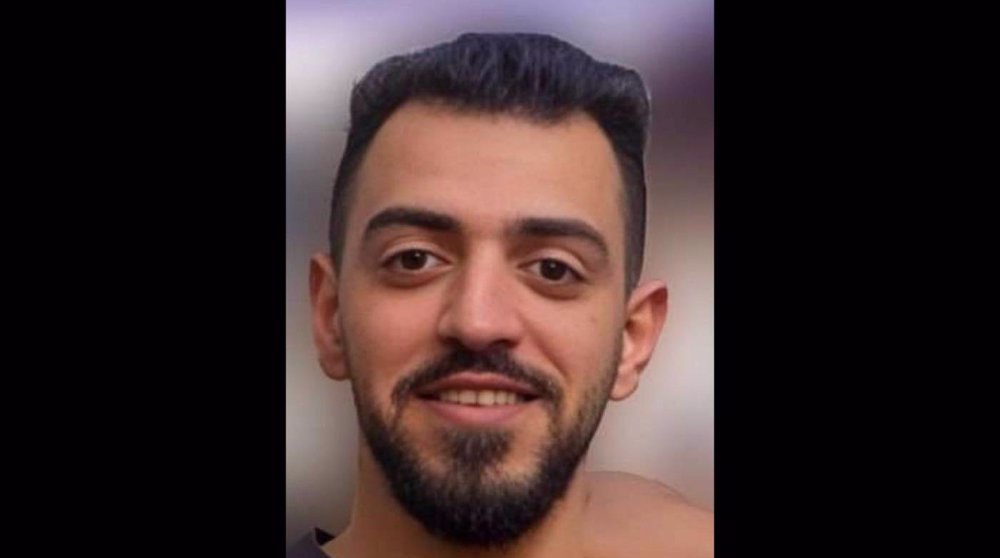
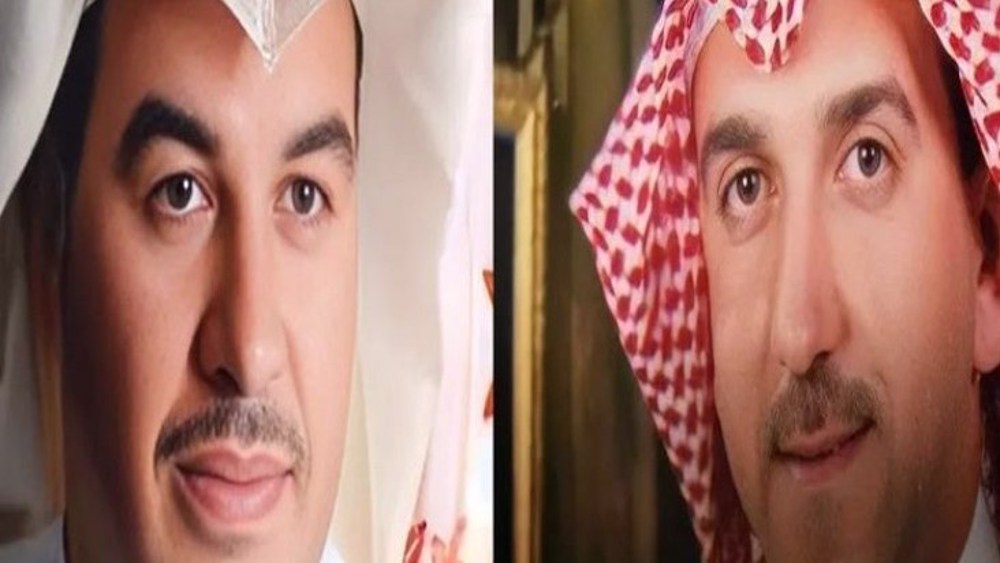
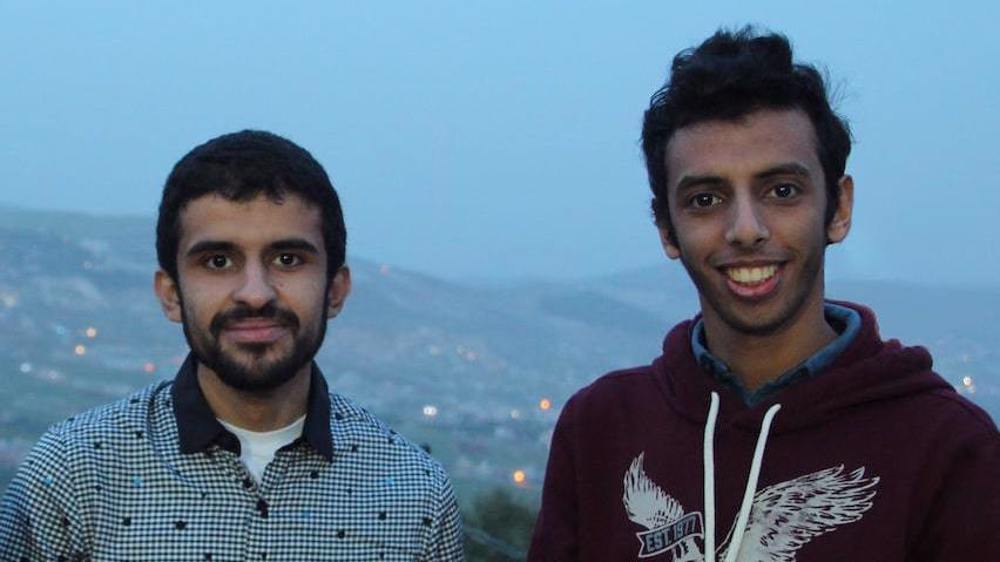
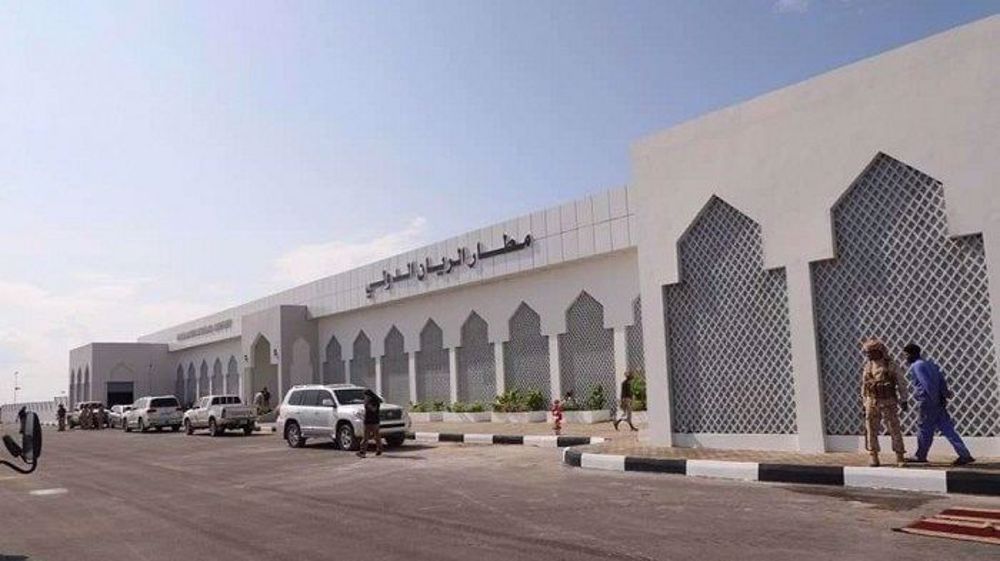
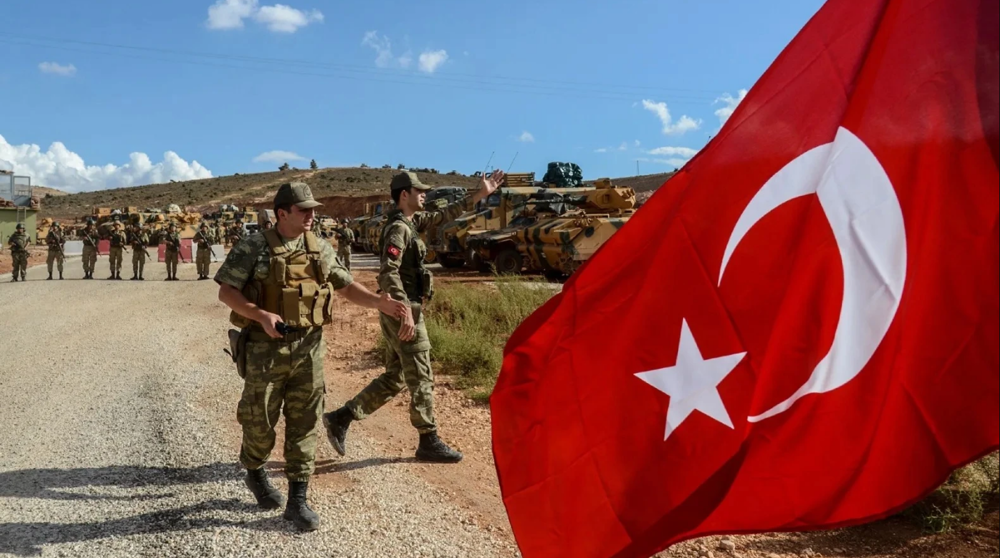
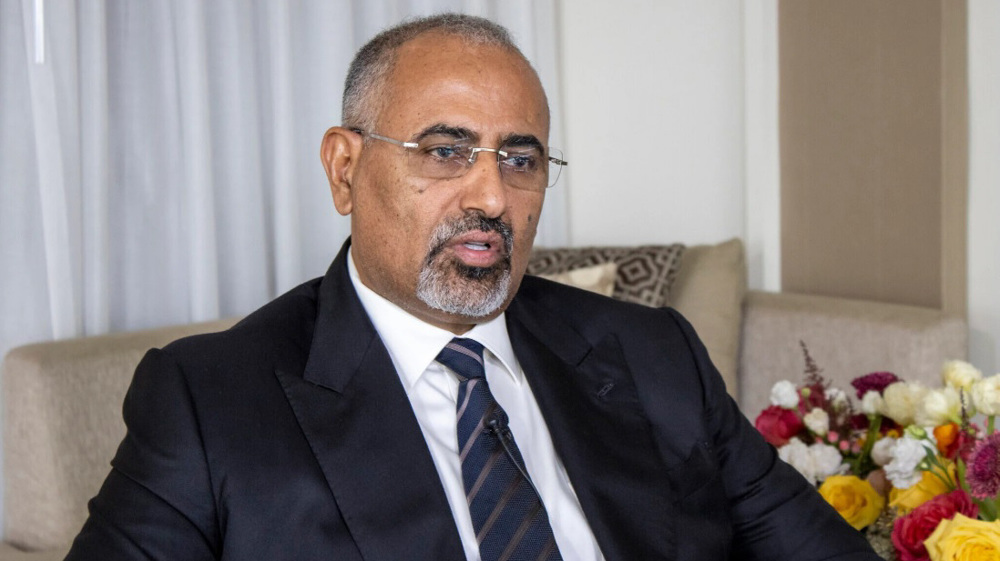



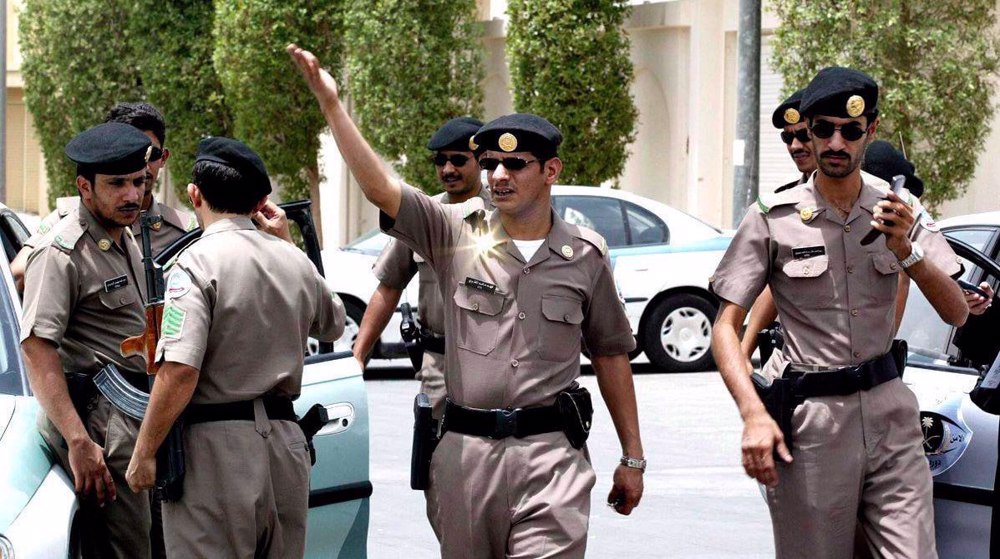
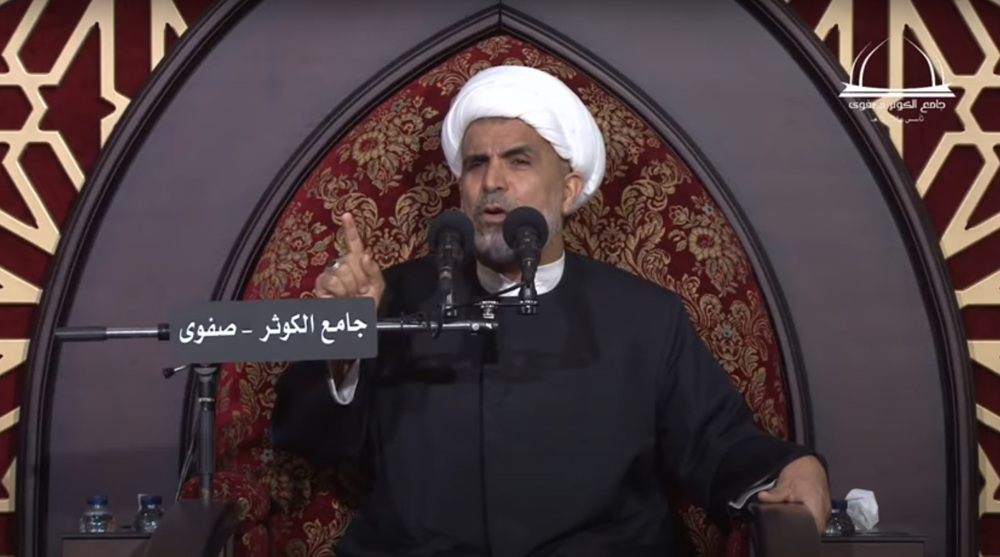
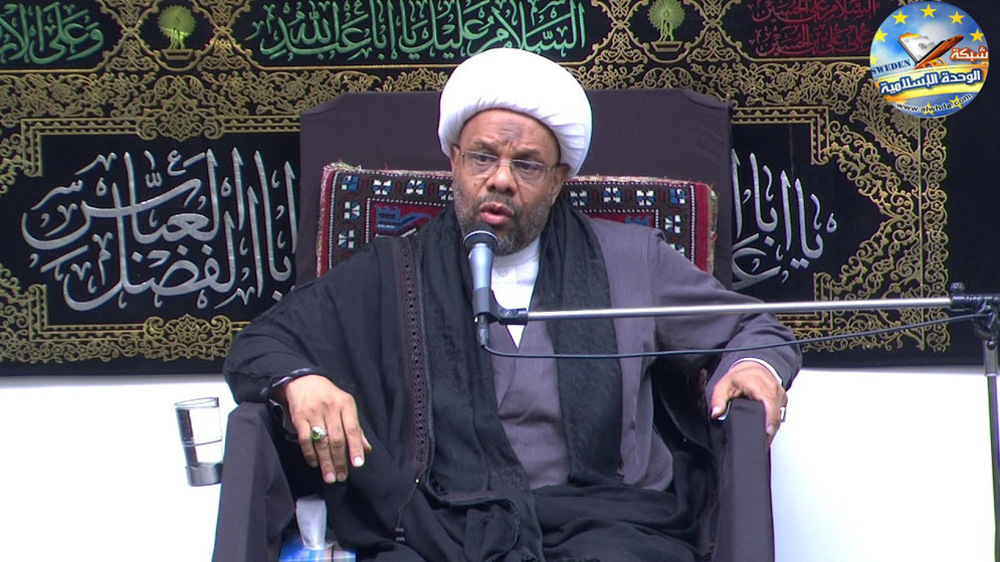
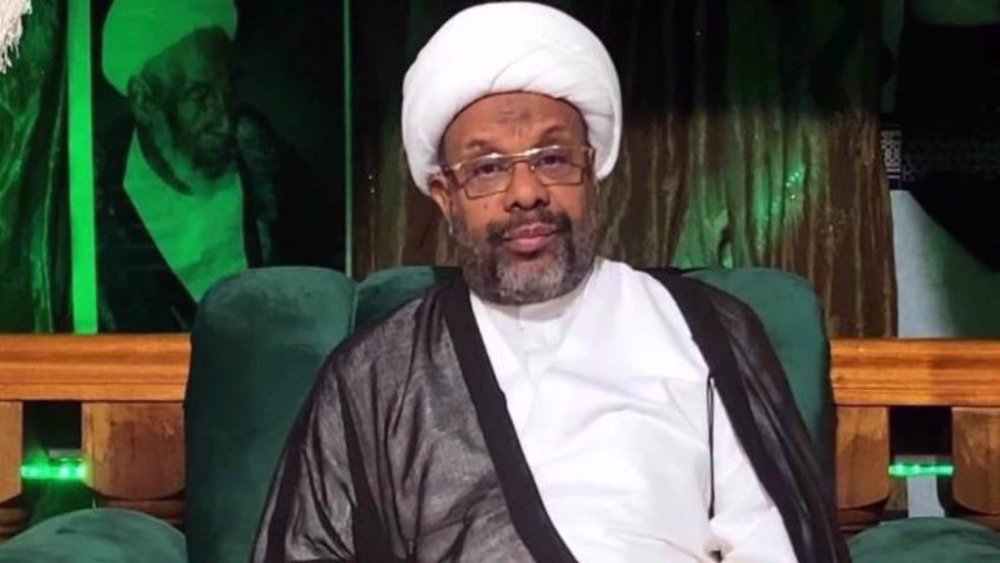
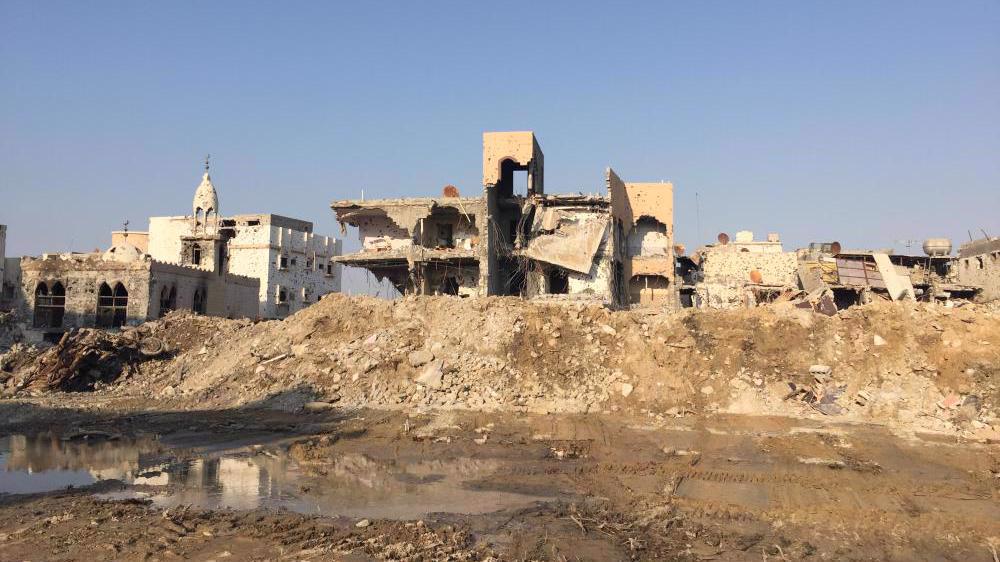
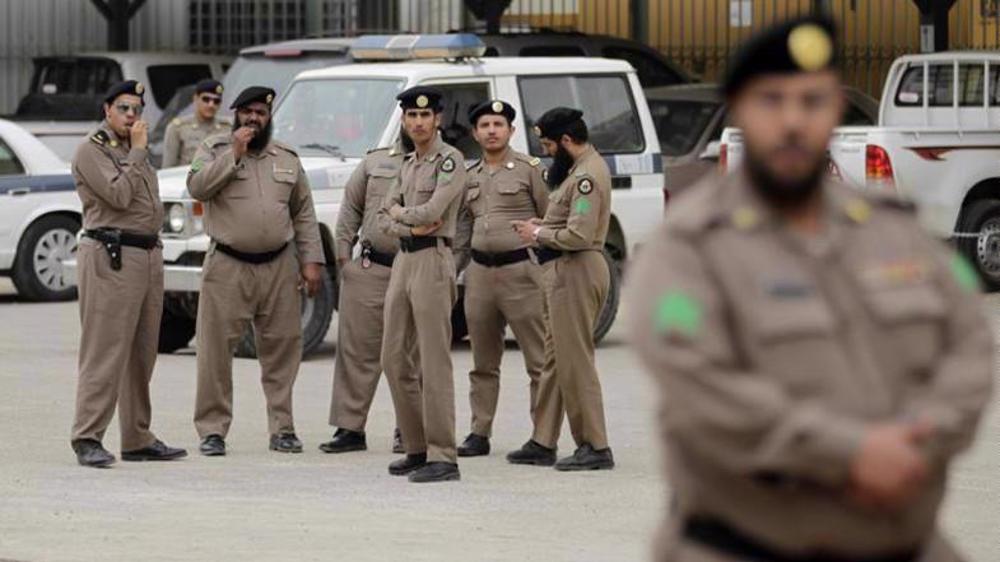
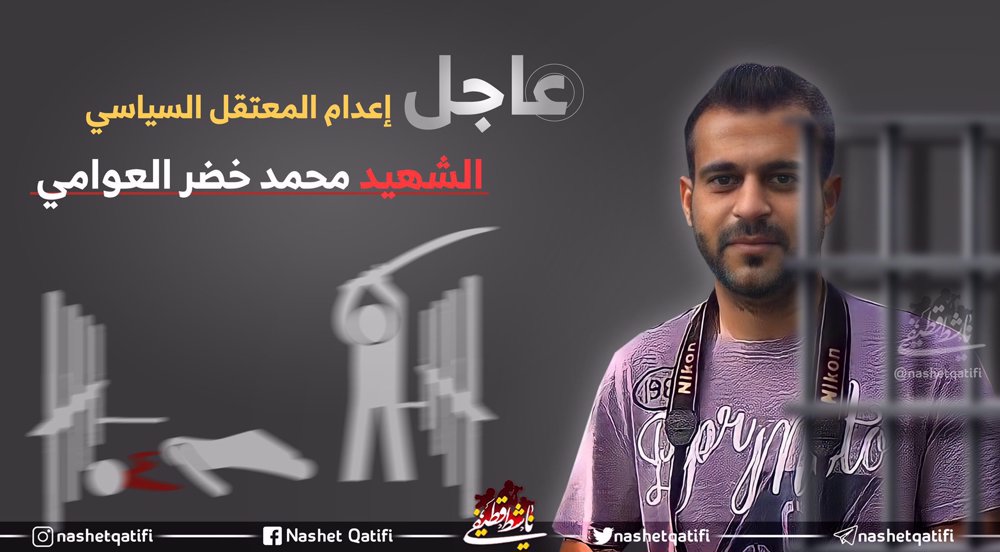

 This makes it easy to access the Press TV website
This makes it easy to access the Press TV website